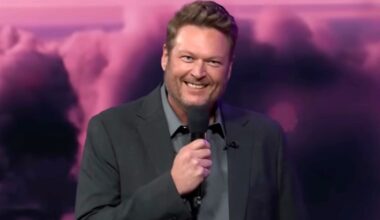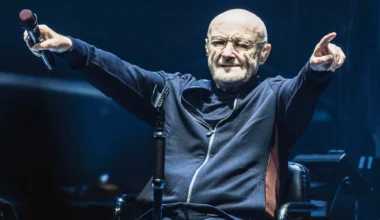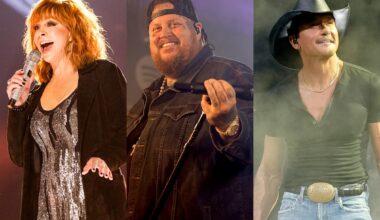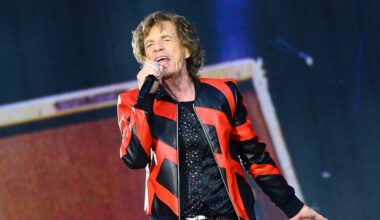Between 1987 and 1991, Kevin Costner skyrocketed to Hollywood’s A-list, delivering a string of blockbuster hits that solidified his reputation as a leading man. With films like No Way Out, Bull Durham, Field of Dreams, Dances with Wolves, Robin Hood: Prince of Thieves, and JFK, he went from an emerging talent to an Oscar-winning actor and director in just four years—an achievement few in the industry can claim.
However, his journey to the top arguably began with another film in 1987—one that he holds in high regard but also sees as a reminder of his early inexperience.
Costner has never shied away from admitting how unpolished he was when he first arrived in Hollywood in the early 1980s. Inspired by a chance encounter with Richard Burton on a flight in 1978, he packed up his truck and headed to Los Angeles without a solid plan. He recalled to The Independent, “No one gave me a chance. I certainly didn’t know how it worked.”
Lacking both connections and direction, he spent nights sleeping in his truck near Sunset Boulevard and La Brea, just to stay close to the industry. “I knew I needed to come into Hollywood every day – I just didn’t know where to go,” he admitted with a laugh.
Through persistence and sheer determination, Costner landed small roles in films like Sizzle Beach, USA and Night Shift. His breakout came with the 1985 Western Silverado, but it wasn’t until The Untouchables that he found himself truly thrust into the spotlight. Cast as Eliot Ness in Brian De Palma’s crime epic, he was suddenly leading a major production alongside screen legends Sean Connery and Robert De Niro. It was a daunting leap, and Costner knew he needed guidance to hold his own.
Fortunately, Connery—who played Ness’ grizzled mentor, Jim Malone—quickly took him under his wing. Speaking in a 2024 interview with GQ, Costner fondly recalled how the veteran actor supported him on set. “He always called me ‘Mr. Ness.’ ‘Mr. Ness, can I talk to you?’” Costner said with a smile. “We became friends.”
One of Costner’s biggest challenges came in his scenes with De Niro, who portrayed the ruthless gangster Al Capone with explosive energy. De Niro was given the creative freedom to improvise, delivering intense and unpredictable performances, while Costner’s straight-arrow character was bound by rigid dialogue.
“My character was very by-the-book, and Robert had this room to bring in a streetwise, unpredictable energy,” Costner explained in 2017. “I was trying to hold my own in those scenes, but he was constantly throwing in new things, and it was hard to keep up. Sean gave me advice on how to manage that.”
In those moments, Costner worried that his inexperience would make Connery see him as out of his depth. But the legendary actor had nothing but encouragement. “He was good to me. And I learned a lot because my eyes were open,” Costner said.
Looking back, Costner remains proud of The Untouchables, but he’s also honest about his own self-criticism. “I wish I had been a better actor when I did it,” he reflected. “But I was where I was at.”
Despite his doubts, The Untouchables is still regarded as one of Costner’s standout performances, proving that even in his early days, he had the presence and skill to carry a major film. His bond with Connery extended far beyond the screen, and when Connery passed away in 2020, Costner paid tribute, saying, “He was the biggest star I ever worked with, and I will be forever grateful to be linked with him on film.”
For Costner, The Untouchables wasn’t just a pivotal moment in his career—it was a lesson in resilience, growth, and the importance of learning from those who came before him.






